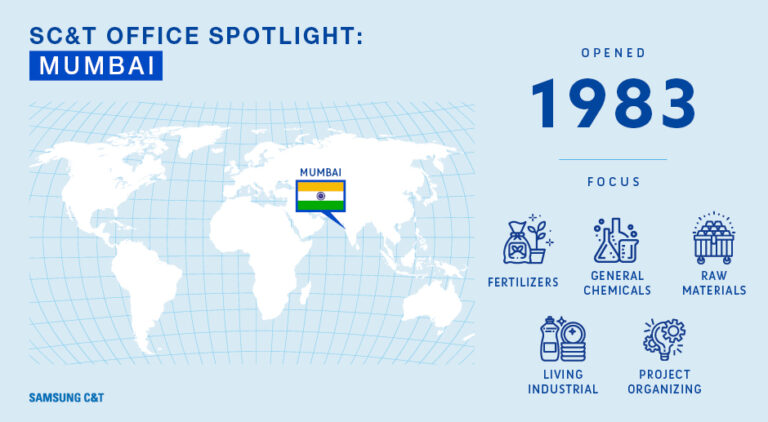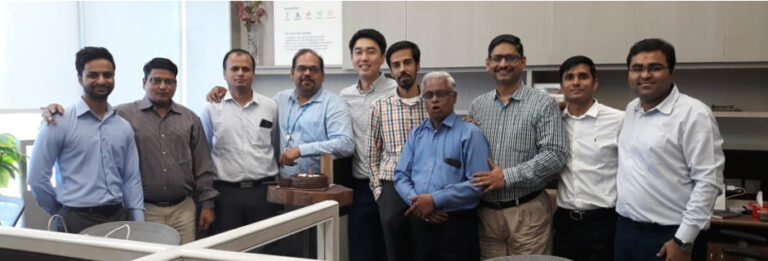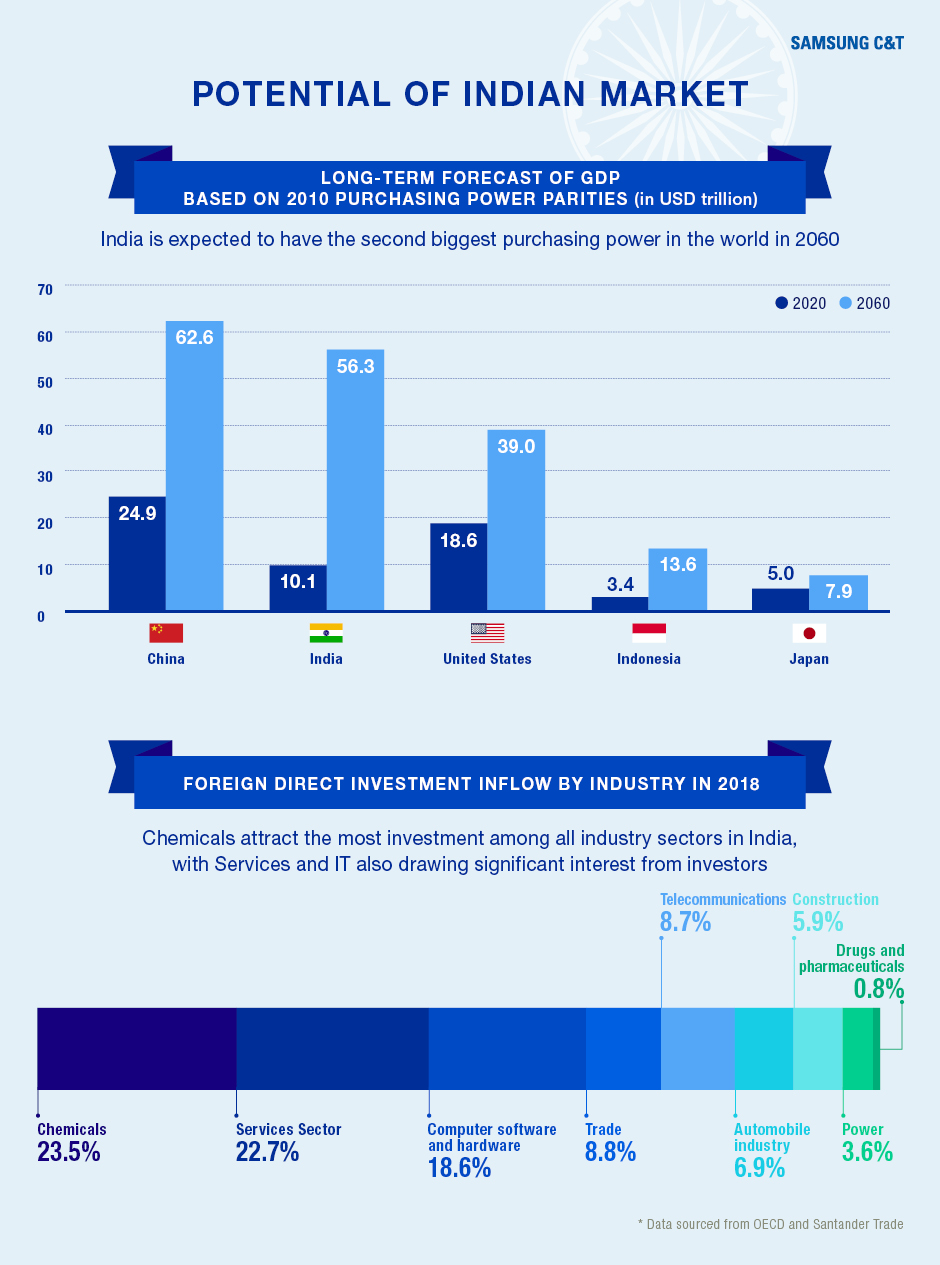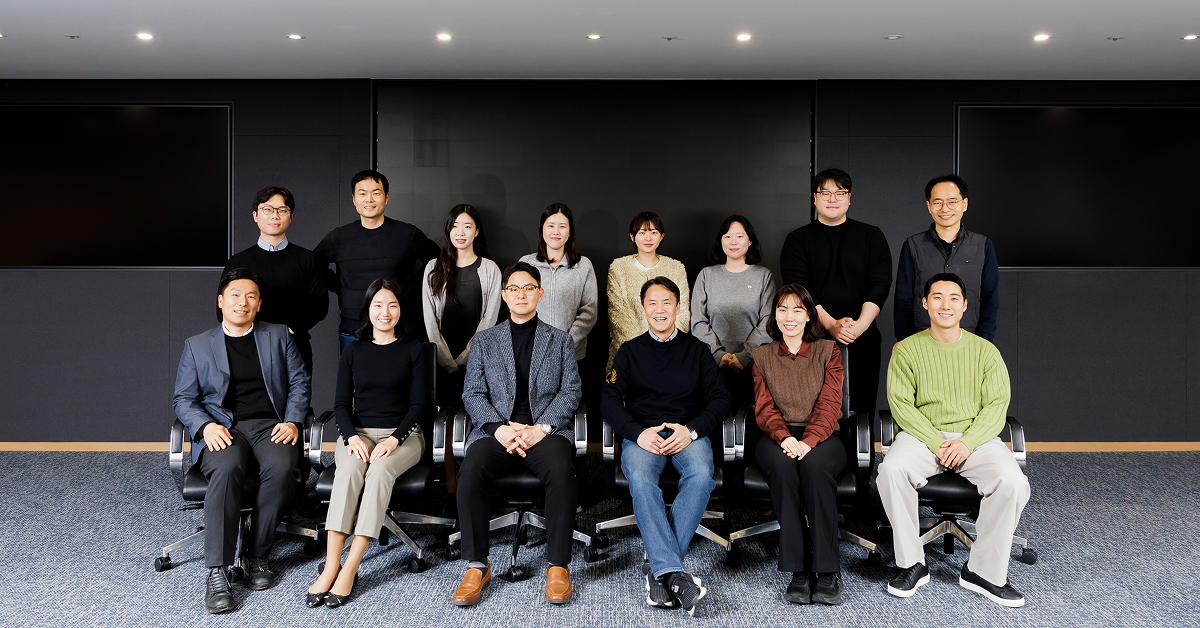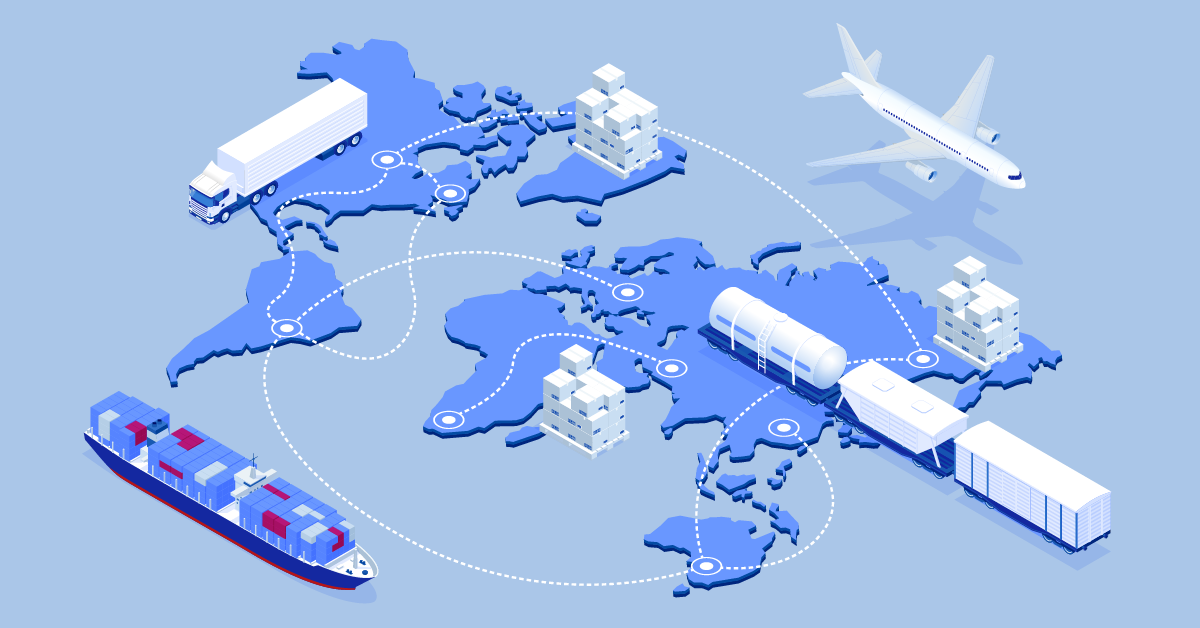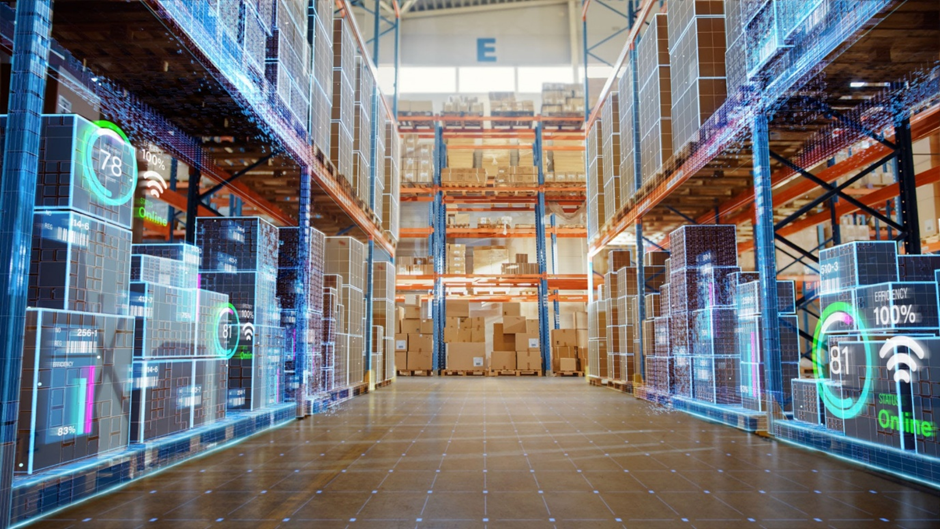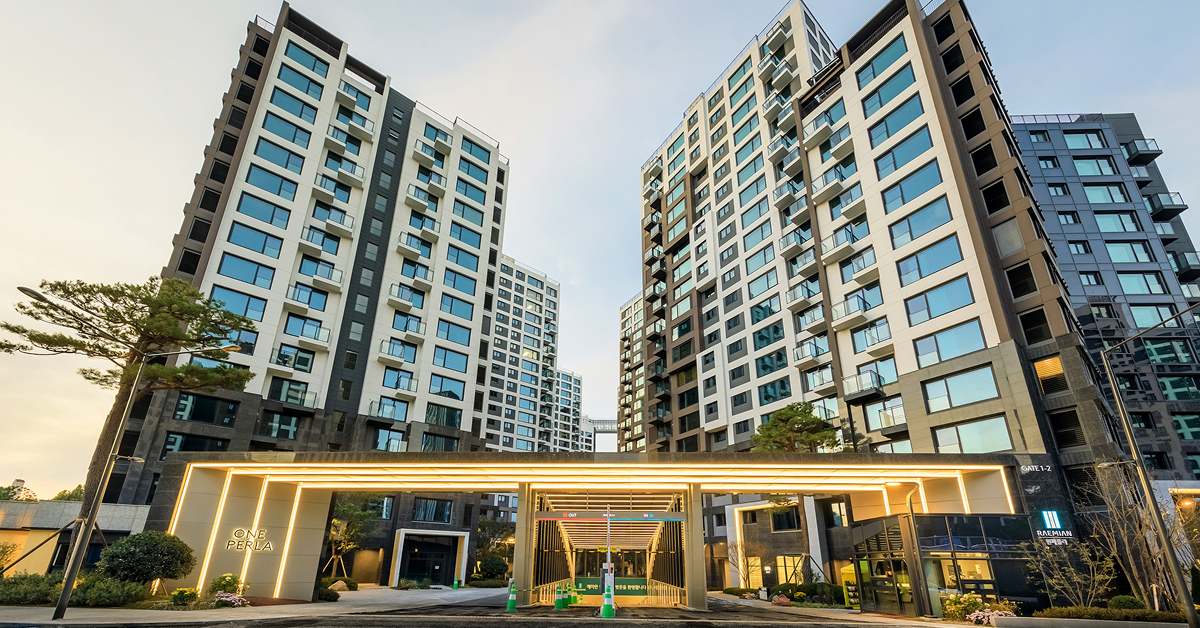It is easy to see why India is considered such an exciting place to do business. Being home to around one-sixth of the global population, the Indian market is the world’s largest only after China. It is also rapidly growing, with demand for almost all items rising fast. And while quality of products is important, the Indian market is known as one where you can sell almost anything if you have the right price to meet demand.
Having initially opened an Indian office in New Delhi in 1980, Samsung C&T Trading & Investment Group added its Mumbai Office in 1983. This latest article in our Samsung C&T Office Spotlight series shines a light on the latter which is engaged in a wide range of projects related to chemicals, industrial materials, energy, metals, and living industries in southwestern Asia, including India. The Mumbai Office’s major items include fertilizers, synthetic resins, and general chemicals. It is growing all the time, striving to develop new projects in collaboration with affiliates and expanding its business scope.
Staying in tune with supply and demand
Fertilizers are understandably an important part of the Mumbai Office’s work given India’s vast population, which is set to surpass that of China by 2027. In line with the pressure to feed a growing body of citizens, the Indian government has been building several fertilizer factories to meet demand and achieve self-sufficiency. Even so, the country’s fertilizer imports remain robust while demand outstrips its supply capacity.
The Mumbai Office aims to maintain a strong understanding of the fertilizer market’s supply and demand situation so that it can predict how much fertilizer India needs and how much can be supplied at what price from major sourcing countries and regions like China, Indonesia, the Middle East, Egypt, and Russia.
In addition to identifying supply and demand factors, the office strives for quality control to deliver the appropriate standard of fertilizers from suppliers to consumers. Meanwhile, its other chemical operations include synthetic resins and general chemicals. The most important aspect of the chemicals business is seen as identifying the needs of suppliers and securing sourcing volume in a stable manner – the same could be said of many other trading businesses.
Securing various partners to succeed in India
In order to do well in India, a bustling marketplace with a business culture steeped in thousands of years of history, the Mumbai Office makes efforts to respond to the characteristics of its areas of business and to develop various partners accordingly.
In the case of fertilizers, for example, it is important to have various suppliers available to source the proper quality and quantity at the appropriate price. Regarding other items, the situation calls for finding a wide range of export markets to respond to fluctuations in demand abroad. The need to balance both sourcing volume and export markets has led the Mumbai Office to broaden its options for partners and products.
The office has developed a series of partners in Southeast Asia, liaising with Samsung C&T’s network of dozens of bases across the world, identifying the needs of suppliers, and understanding each other’s goals. These relationships are at the heart of the office’s success, founded on trust and good communication through a local perspective gained by understanding India’s vast history, diversity, and business culture. As a result, suppliers know they can find demand and good pricing through the Mumbai Office rather than selling products directly.
A land where opportunities abound
While the Indian market garners global attention for its huge potential, the Mumbai Office is preparing for the future by continuously discovering and proposing new projects as well as engaging in industrial materials infrastructure projects.
For instance, the office is also looking for projects related to environmentally friendly and e-commerce areas. In addition, the telecommunications and IT businesses are expected to develop quickly and offer many opportunities because, unlike traditional industries, they can attract related infrastructure relatively easily.
Moreover, it is expected that the Indian government, based on abundant domestic demand, will push for the self-sufficiency of its manufacturing base little by little in order to address the country’s trade deficit. This is set to provide numerous opportunities in related industries.
We can rest assured that the Mumbai Office’s staff will be a busy hub in the midst of it all.


